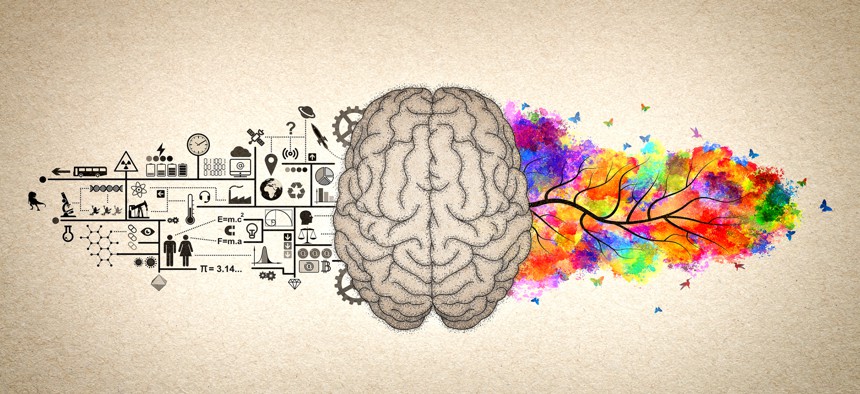Averting the digital generation's communication crisis

Gettyimages.com/ArtemisDiana
Business development expert Nic Coppings says that the digital generation needs help developing emotional intelligence, a critical skill when engaging with customers. Here's where to start.
A crisis looms for the workforce's newest generation: a deficit in effective communication skills beyond text-based methods. For millennials and Gen Z who grew up immersed in instant messaging, emails, and social media, brevity and speed are prized over depth. However, this efficiency undermines the development of emotional intelligence and interpersonal communication skills – the cornerstone of leadership and customer engagement success.
Disturbingly, most organizations overlook this critical skills gap. A Deloitte study revealed that 63% of millennials believe their workplace lacks opportunities to cultivate emotional intelligence. Even more alarming, Harvard Business Review found that 69% of managers feel their organizations fail to adequately train emotional intelligence. The costs of such oversight are grave – missed opportunities, insufficient customer understanding, and lackluster proposals stem from the digital generation's communication shortcomings.
The Empathy Disconnect
At the crux of this crisis lies an emotional intelligence deficit stemming from over-reliance on text-based exchanges devoid of nonverbal cues. Without exposure to in-person dynamics, this generation struggles with crucial skills like "reading a room," adapting communication styles, and active listening. As a result, their ability to forge trusted relationships – a vital asset for leadership and customer-facing roles – falters.
The "Right Now" Mentality
Exacerbating this issue is the digital generation's "instant gratification" mindset. It is typical for unanswered texts or delayed responses to trigger feelings of frustration, rejection and even neglect. A Whistle survey indicates that 89% experience frustration without immediate responses. This self-centered outlook impedes the development of empathy and emotional understanding, which are critical for professional success and personal relationships.
The Impact on Leadership and Customer Engagement Success
The impacts are two-fold:
Internally, emotionally-disconnected leaders struggle to genuinely inspire and motivate their teams, potentially crippling productivity and morale.
Externally, customer-facing personnel lacking emotional intelligence, knowledge, and skills breed customer dissatisfaction, directly hurting the bottom line.
Bridging the Communications Divide
Fortunately, this crisis is not unfixable. By prioritizing emotional intelligence, organizations can equip their teams to navigate complex interpersonal situations and build and experience the benefits of winning relationships both inside and outside the organization.
To do this, organizations should:
- Invest in Emotional Intelligence Training: Offer professional development programs focused on understanding and managing emotions and improving EQ Skills like empathy, and active listening.
- Encourage face-to-face Interactions: Foster a culture promoting team gatherings, collaborative spaces, and in-person meetings to nurture authentic connections.
- Lead by Example: Leaders can model active listening and effective communication styles that demonstrate the value of emotional intelligence.
With proactive emotional intelligence development, organizations can empower the digital generation to thrive as emotionally intelligent leaders and customer ambassadors, averting a communication crisis before it's too late.
With over 20 years in the government market, Nic Coppings, a senior partner at Hi-Q Group, has been pivotal in helping clients secure billions (and counting) in contract wins by enhancing their customer relationships and intelligence quality. Hi-Q Group's training programs equip teams with practical strategies to forge Winning Relationships and effectively utilize customer intelligence as a competitive advantage. Connect with Nic on LinkedIn.
NEXT STORY: Navigating M&A in the set-aside world
